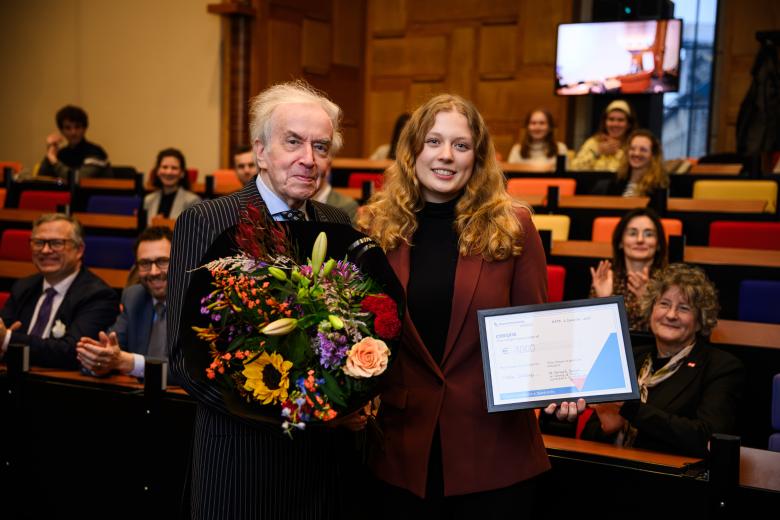ITEM anniversary conference 'Building cross-border cooperation' a success
On 21 and 22 November, the fifth annual conference, so an anniversary edition, of ITEM took place in the Province of Overijssel. Policy makers, politicians and scientists came together in Enschede to build cross-border cooperation. Highlights were the best cases on cross-border cooperation in security and care, and the presentation of the annual border effects report of ITEM. The Commissioner of the King of Overijssel, Mr. Heidema, the Mayor of Enschede, Mr. Van Veldhuizen, the German ambassador to the Netherlands, Mr. Brengelmann, and the German MP Mr. Fricke also gave their views on cross-border cooperation. The languages spoken were German, Dutch and English, which of course gave the whole a European touch.
Cross-border care & safety
The theme of Thursday 21 November was cross-border care & safety: one of the reasons for the start of cross-border initiatives and cooperation in the last century, according to Mayor of Haaksbergen, also chairman of EUREGIO, Mr. Welten. Mrs. Ramakers (EMRIC) explained about cross-border emergency services and the obstacles they face. In the speeches by Mr. Valls (director Working Community of the Pyrenees) and Mr. Wouters (BENEGO), was talked about a hospital on the French-Spanish border and cross-border care on the Belgian-Dutch border. Both regions demonstrated the great importance of cross-border care: we need each other for good and fast care. Despite the need, there are still many bottlenecks. For example, an ambulance is often not allowed to go back across the border when there are opiates on board.
The border regions: here Europe really comes to the fore
On Friday 22 November, both the Mayor of Enschede and the King's Commissioner from Overijssel indicated that border regions could serve as examples for the rest of Europe. King's Commissioner Mr. Heidema said that building 'borderless' relationships is the key to successful cooperation. Roy De Witte, provincial executive of Overijssel added: "Without a border, the province of Overijssel and the eastern region of the Netherlands lies in the heart of Western Europe, between the Randstad and the Ruhr region". German member of parliament Mr. Otto Fricke pointed to the special cooperation in the Benelux and made a plea for Germany to also seek more cooperation with it. Both Mr. Dirk Peeters of the European Commission and Mr. Dep. Secretary General of the Benelux Mr. Luuk Blom showed on both days the added value of the use of legal instruments to promote cross-border cooperation.
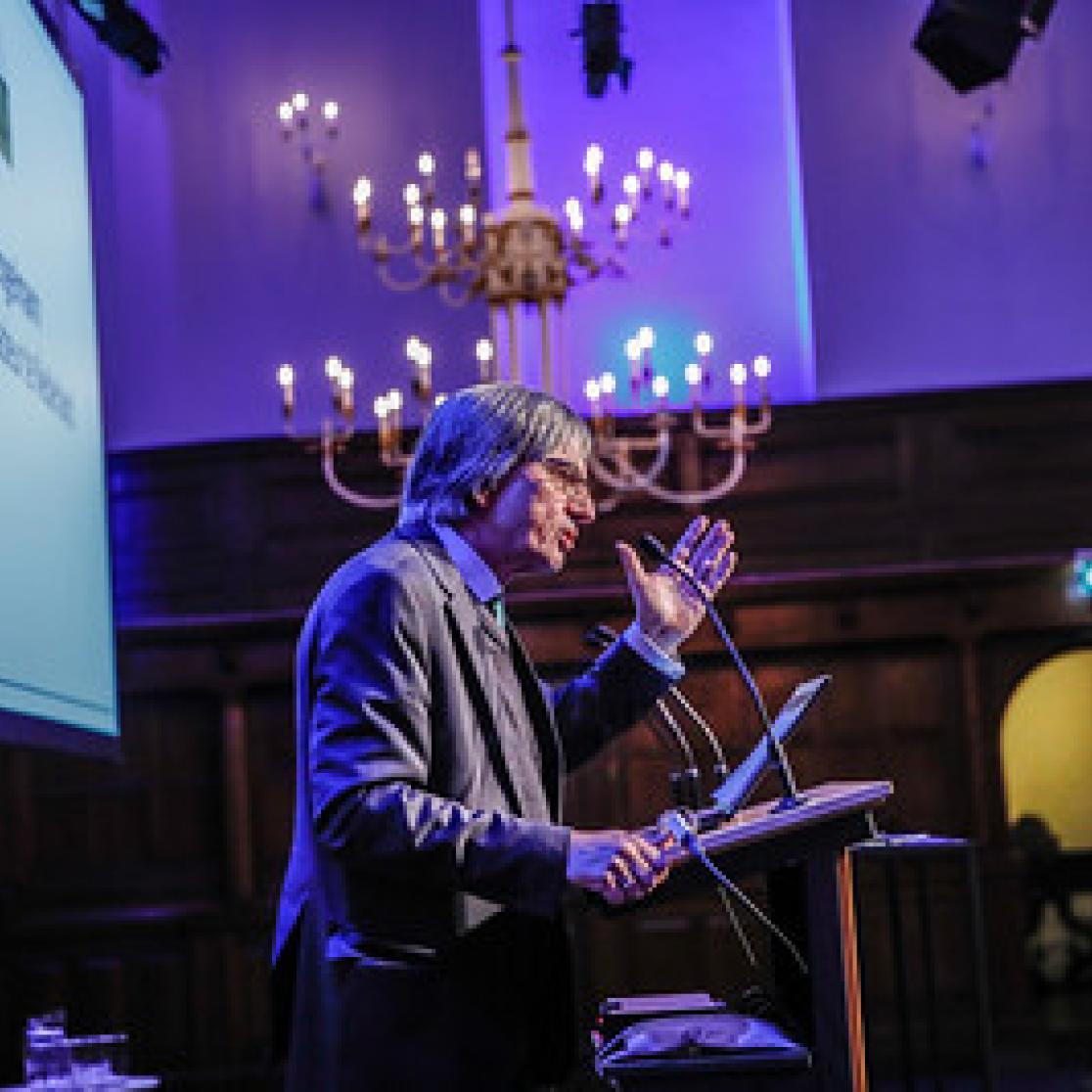
New civil servants law creates uncertainty among border workers
Every year ITEM presents its Cross-border impact assessment during the conference. This year, too, work was carried out on 6 dossiers in which the effects of all kinds of rules on the border regions were examined, as well as how there could be better cooperation within the border regions. One of the most important files concerns the new Dutch Civil Service Act (WNRA). This law can have consequences for the social security of border workers at Dutch universities and university hospitals.
Even more cooperation needed
Mr de Witte (Provincial Executive of Overijssel) and Mr van 't Hoog (Provincial Executive of Gelderland) agreed that there has never been so much focus on cross-border cooperation, but that there is still room for progress. That is why the director of ITEM, Prof. Anouk Bollen, concluded with the three core values of ITEM: knowledge, connecting and cooperating. Knowledge is what ITEM stands for and we connect by making the social translation. We do this together, by working together. We all need each other for this and that is what we will be working on in the coming years.
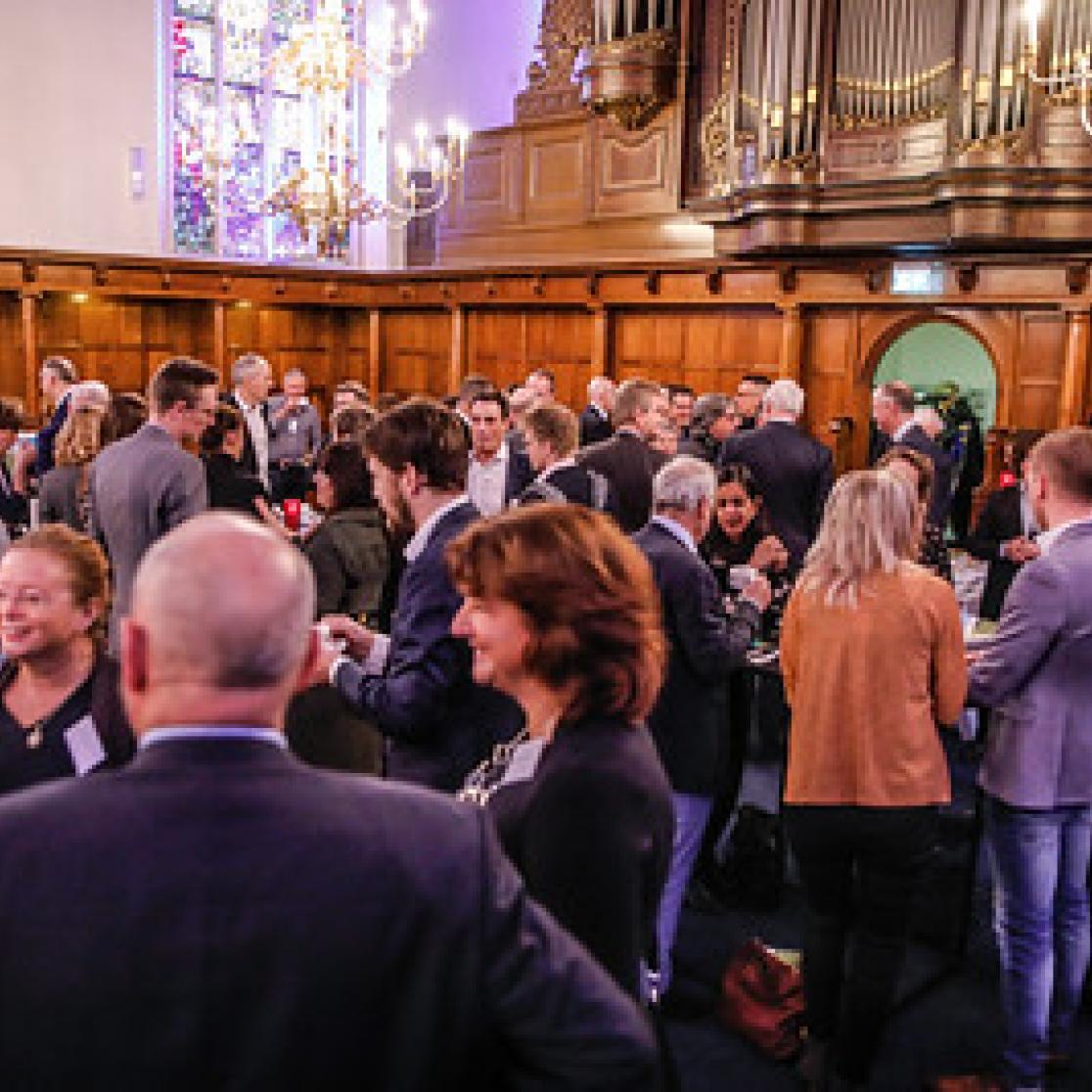
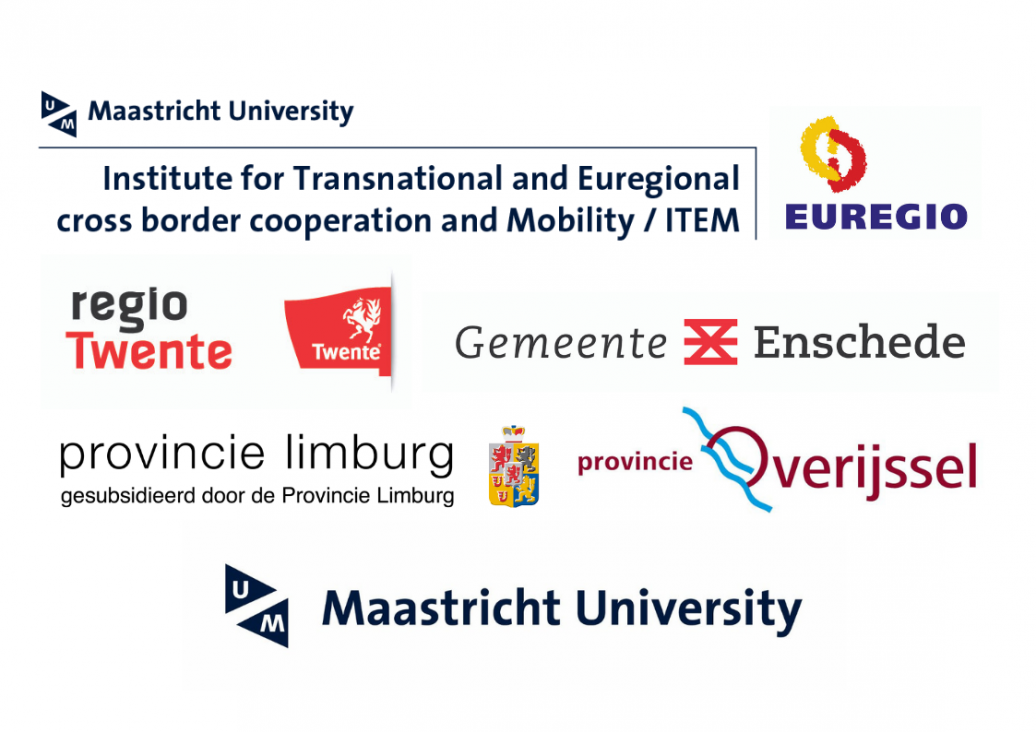
Also read
-
Ronald Janse appointed as new dean of Maastricht University Faculty of Law
The Executive Board of Maastricht University is delighted to announce the appointment of Prof. Ronald Janse as dean of the Faculty of Law.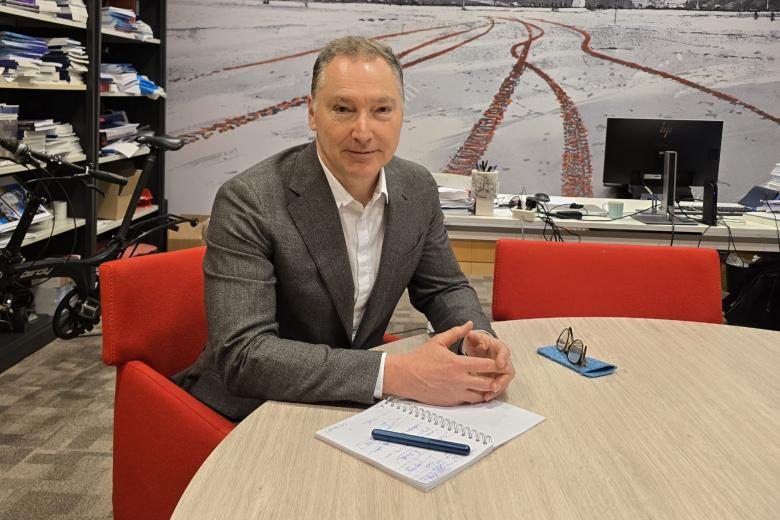
-
Virtual companions, real responsibility: call for clear regulations on AI tools used for mental health interactions
Mindy Nunez Duffourc (Assistant Professor of Private Law and member of the Law and Tech Lab) co-authored an article outlining the urgent need for clear regulations for AI characters.
-
Maastricht Consulates Prize on EU Law 2025 Awarded
On 2 December, the Maastricht Consulates Prize on EU Law 2025 was awarded at the Faculty of Law of Maastricht University to Merle Sandhop.